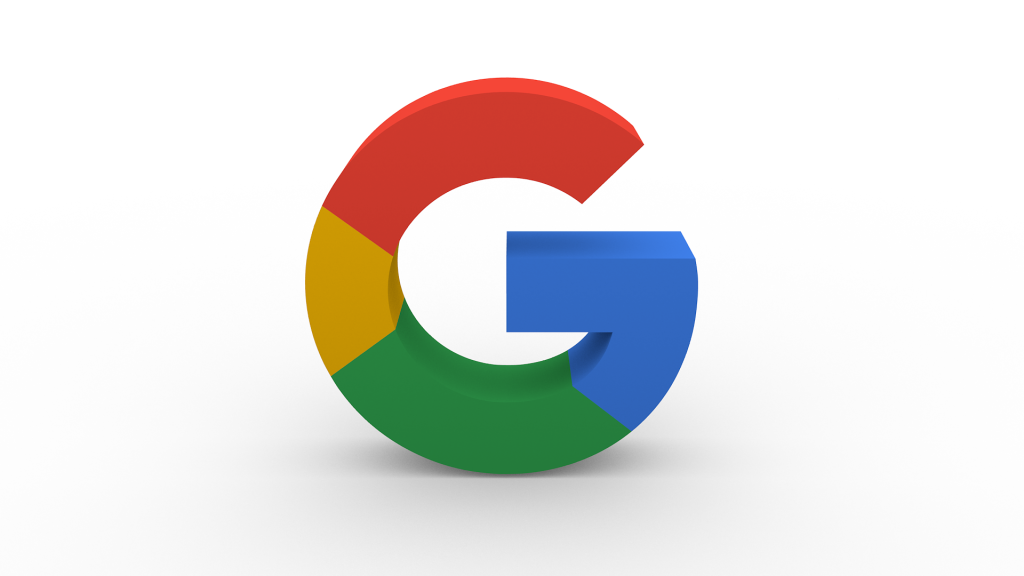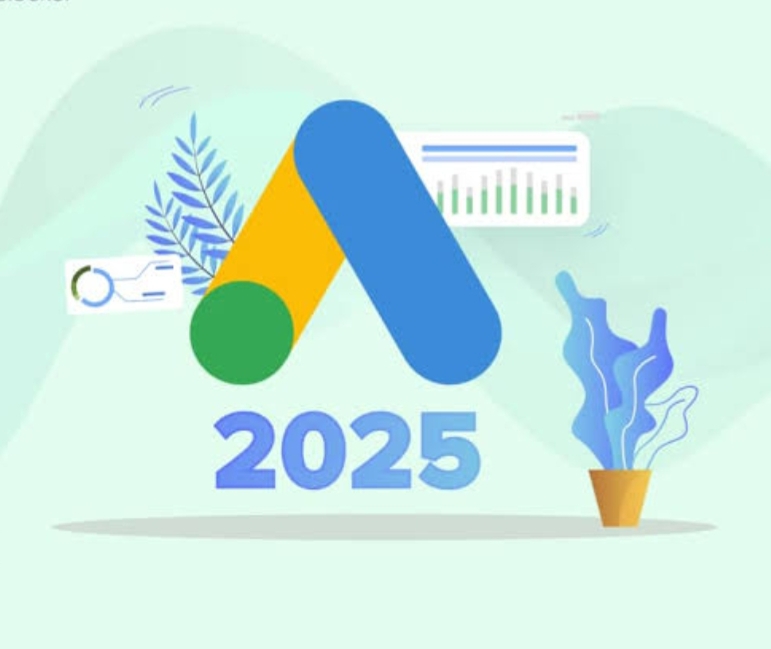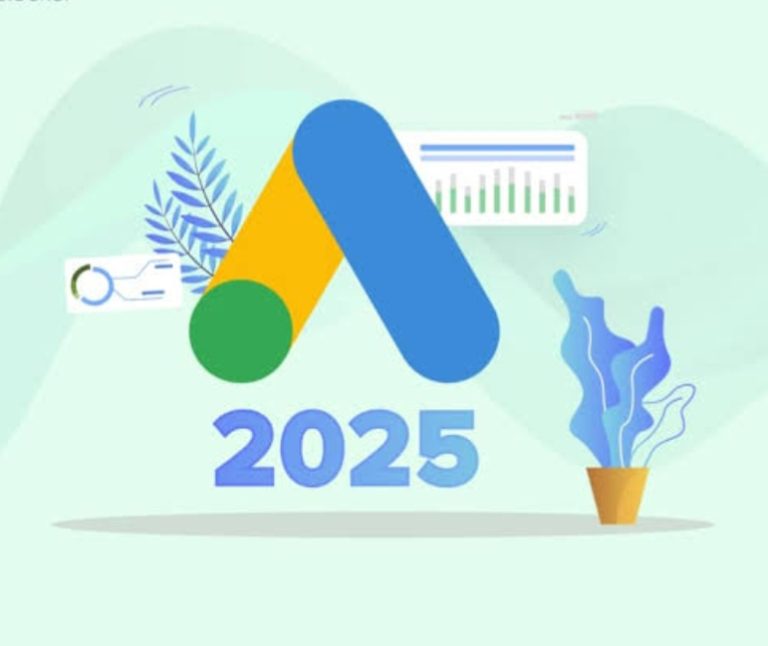What is Google Ads & Its Importance in 2025
As we know, Google plays an important role in our lives. Whenever we want to go anywhere or know something, we generally ask Google — and it provides us with the best results based on reviews, ratings, and much more. That’s why every business today wants to have the best rating and appear on Google’s first page — to generate quality leads, drive sales, and grow their brand.
This is where the concept of Google Ads comes into play. It’s an instant way to show your business online and generate massive revenue — all you need is to rank at the top of the Google search page.
📌 What is Google Ads?
Google Ads, earlier known as Google AdWords, is an online or digital form of advertisement run by Google. Businesses can use it to increase their online presence within a short time frame.
Google Ads works on a Pay-Per-Click (PPC) model, meaning you pay only when someone clicks on your ad.
Google Ads lets you advertise across:
- Google Search
- YouTube
- Gmail
- Google Display Network (millions of websites and apps)

⚙️ How Does Google Ads Work?
Google Ads works on an auction system. First, you do keyword research and select high-volume keywords based on difficulty level. Then, you bid on those keywords.
Your ad’s performance is decided based on:
- Relevance of your ad
- Landing page experience
- Click-through rate (CTR)
All these factors together form your Quality Score, which determines your Ad Rank on Google’s search results page (SERP).
Google considers:
- ✅ Bid amount
- ✅ Ad relevance
- ✅ Landing page quality
- ✅ Expected click-through rate (CTR)
👉 The better your ad quality, the less you pay per click and the higher your ad ranks.
🧭 Types of Google Ads Campaigns
To run Google Ads effectively, you must understand the different campaign types:
| Campaign Type | Description | Best For |
|---|---|---|
| Search Ads | Text ads on Google search results | Leads, purchases |
| Display Ads | Banner/image ads across websites | Brand awareness, remarketing |
| Video Ads | Skippable/non-skippable ads on YouTube | Engagement, product promotion |
| Shopping Ads | Product listings on Google Shopping | eCommerce sales |
| App Ads | Promote apps across Google Play & more | App installs |
🛠️ How to Run Google Ads in 9 simple Steps
Step 1: Create Your Google Ads Account
- Visit: https://ads.google.com
- Click Start Now
- Enter your business details and billing information
Step 2: Define Your Goal
Choose the campaign objective based on your business goal:
- ✅ Sales
- ✅ Leads
- ✅ Website traffic
- ✅ App promotion
- ✅ Brand awareness
Google will guide you based on the selected objective.
Step 3: Choose Your Campaign Type
Pick your campaign type based on your goal:
| Goal | Recommended Campaigns |
|---|---|
| Website traffic | Search, Display, Performance Max |
| Sales/Leads | Search, Performance Max, Shopping |
| Brand awareness | Display, Video, Discovery |
| App promotion | App Campaign |
| Local business promotion | Local Campaign |
| Retargeting past visitors | Display Remarketing, Video |
Step 4: Set Your Budget and Bidding Strategy
You need to:
- Set your daily or monthly budget
- Choose a bidding strategy:
- Maximize Clicks
- Target CPA (Cost Per Acquisition)
- Manual CPC (Cost Per Click)
Tip: Start with a small budget and scale once you see results. Automatic bidding gives faster setup but less control; Manual bidding gives you more control.
Step 5: Define Your Audience
Targeting the right audience is critical. Build a customer persona with:
- Location
- Language
- Device
- Demographics
- Interests and behavior
- Keywords
👉 You can also exclude irrelevant audiences.
Step 6: Write and Design Your Ads
✍️ For Search Ads:
- Headline: ~50-60 characters
- Description: ~150–180 characters
- Display URL-Where you want to traffic go. The landing Page
Tips:
- Use emotional triggers and strong CTAs like “Get Free Quote”, “Book Now”, “Limited Offer”.
- Use ad extensions (sitelinks, call extensions, location info).
🖼️ For Display/Video Ads:
- Use eye-catching banners or engaging videos
- Follow Google’s ad size and video specs
Step 7: Choose Keywords (for Search Ads)
Use Google Keyword Planner to:
- Discover high-traffic keywords
- Check keyword difficulty (KD) and competition
- Select keyword match types (broad, phrase, exact)
- Add negative keywords to avoid wasting budget
Step 8: Launch and Monitor Your Campaign
You can launch immediately or schedule it for later.
- Review everything thoroughly
- Click Publish
Use the Google Ads Dashboard to monitor:
- Impressions
- Clicks
- CTR (Click-Through Rate)
- Conversions
- Cost per result
Regular monitoring helps identify what’s working and where to optimize (e.g., location, gender, device types).
Step 9: Optimize Your Ads Regularly
Continuous improvement is key. Optimize by:
- A/B testing different ad copies (sometimes colors/images affect conversions)
- Adjusting bids if needed
- Improving landing page speed and experience (use Google PageSpeed)
- Adding negative keywords
- Refining your audience targeting
📝 Final Thoughts
Google Ads is an excellent tool to boost your online presence quickly. While SEO also helps you rank, it takes time. If you’re looking for fast results, leads, or brand awareness, Google Ads is your go-to.
It’s not only for large companies — even small businesses can use Google Ads effectively to grow faster.


